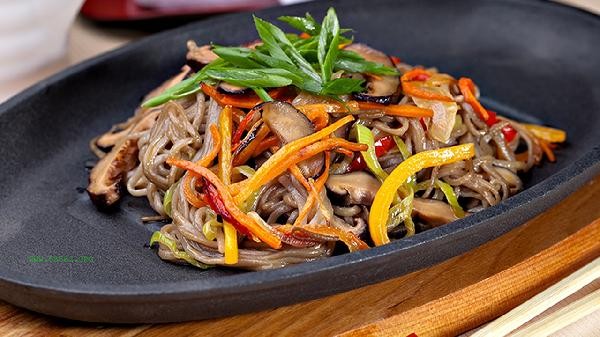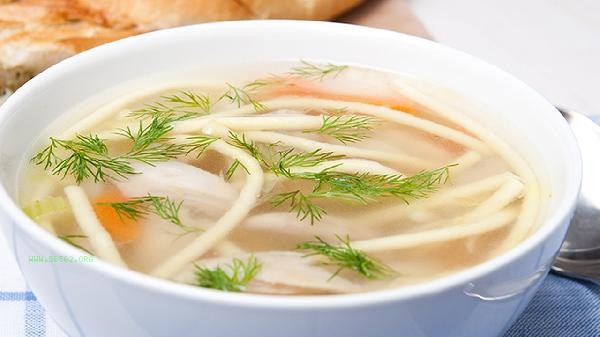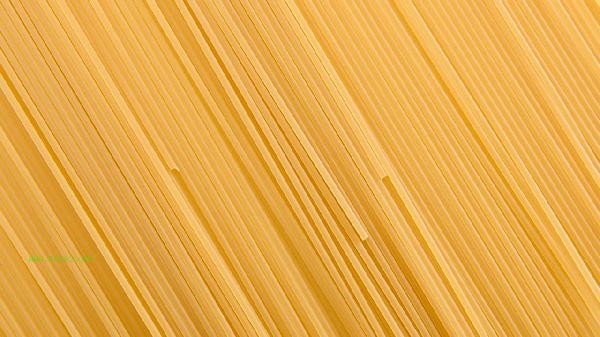The following water is generally not recommended for direct consumption. Boiling noodle water may contain starch, a small amount of fat, and dissolved salt, but it may also leave flour processing additives or impurities on the surface of the noodles.

During the boiling process, the water used to boil noodles will dissolve some of the starch on the surface of the noodles, causing the soup to appear cloudy. Although this starch hydrolysis product is not harmful to health, its nutritional value is limited. The cooking water for homemade noodles is relatively safe, but commercially available noodles may use food additives such as gluten enhancers and preservatives during processing, which may have trace residues. After the boiling water cools down, flocculent sediment will appear, which is a normal phenomenon of starch retrogradation, but the taste will become sticky and uncomfortable.

Some local food cultures have the habit of drinking noodle soup, such as the Japanese Lamian Noodles soup base will deliberately keep noodle soup. In this case, it is necessary to ensure that high-quality flour is used to make the noodles, and the boiling time is long enough to kill microorganisms. Patients with diabetes should pay attention to the fact that the gelatinized starch in the noodle water may rapidly increase blood sugar, and those with weak gastrointestinal function may have flatulence when drinking it.

In daily diet, it is recommended to use fresh ingredients to make bone soup or vegetable soup to supplement nutrition. If you want to use the noodle soup, it can be filtered and used as a base for broth, but it needs to be used up on the same day. Special populations such as infants, young children, and patients with digestive system diseases should avoid drinking it. When cooking, it is recommended to choose non additive coarse grain noodles and rinse thoroughly.









Comments (0)
Leave a Comment
No comments yet
Be the first to share your thoughts!